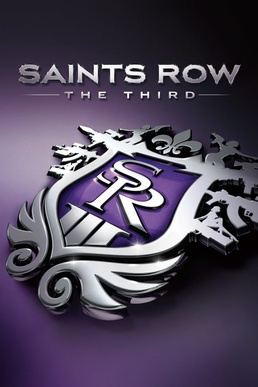The Fall of Volition: A Saints Row Narrative Post-Mortem It still feels surreal.
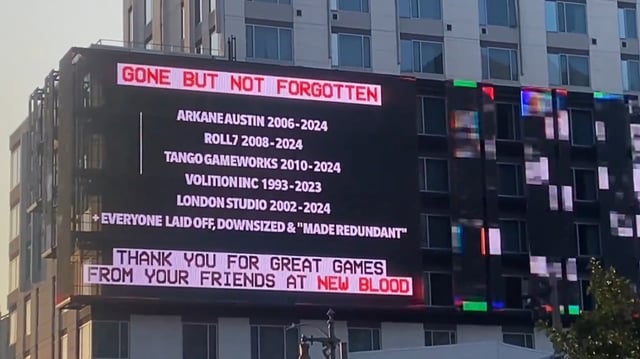
It still feels surreal. Volition, the studio I called home for years, the place where I helped craft stories about alien invasions, simulations gone wild, and a Boss who could go from zero to President in a single game, is gone. As a former Senior Narrative Designer who poured my heart into Saints Row IV and, later, the reboot, the news of its closure hit hard. While I left about a year before the axe fell to pursue freelance narrative consulting, the impact of that news reverberated through my network and, frankly, my soul. Today, I want to talk about what I saw, what I suspect, and what I think ultimately led to Volition's demise, focusing specifically on the narrative choices that, in my opinion, contributed to the Saints Row reboot's struggles.
The Saints of Old: Character-Driven Chaos
Volition at its best was a chaotic symphony of creativity. Saints Row IV, for all its over-the-top absurdity, worked because the characters were compelling. Kinzie Kensington wasn't just a hacker; she was a socially awkward genius who found her voice through code. Johnny Gat was more than a killing machine; he was fiercely loyal and surprisingly sentimental. And the Boss? They were a blank slate that players could mold, but the writing provided a strong foundation of charisma and ambition. Their motivations, whether it was taking over Stilwater or saving Earth from the Zin Empire, were clear, and the comedic timing was impeccable. Remember when Kinzie hacked the simulation to give the Boss superpowers and then immediately regretted it? Gold.

Rebooting the Row: Where Did It Go Wrong?
The Saints Row reboot aimed for a different tone, a more grounded story about young entrepreneurs building a criminal empire. In theory, it wasn’t a bad idea. In execution, something went terribly wrong. The new Boss felt inconsistent, their personality shifting to fit the needs of the scene rather than feeling like a cohesive character. The chemistry between the new Saints – Neenah, Kevin, and Eli – felt forced, lacking the genuine camaraderie that defined the original crew.
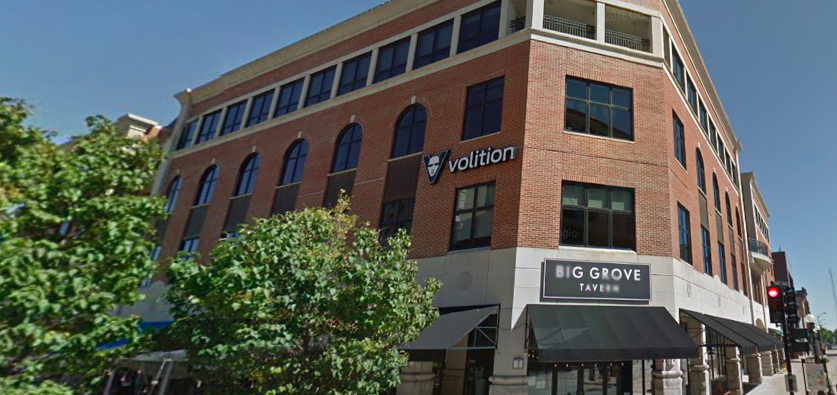
The dialogue, often intended to be witty and relatable, frequently fell flat. Storylines that should have resonated, like the Saints' struggles to establish their empire in Santo Ileso, lacked emotional depth. The stakes felt low, and the characters' motivations were often unclear. Why were they doing this? What did they truly want? The answers were muddy, leaving players disconnected.
I remember during early development meetings, there were discussions about making the characters "more relatable" to a modern audience. The problem, I think, is that relatability doesn't necessarily equal likability or compelling characterization. The desire to appeal to everyone resulted in characters who felt generic and ultimately forgettable.
The Challenges of Reinvention: Balancing Expectations
Rebooting a beloved franchise is a tightrope walk. You have to honor what made the original series special while also bringing something new to the table. The Saints Row reboot struggled to find that balance. There was a clear disconnect between what long-time fans expected and what the reboot delivered.
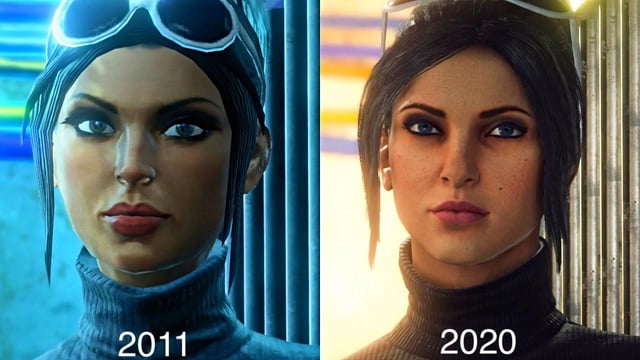
From my perspective, some internal decisions prioritized trend-chasing over creative vision. There was a palpable pressure to appeal to a younger demographic, which led to choices that felt inauthentic and ultimately alienated the core fanbase. Warning signs were there. Initial trailers were met with skepticism, and feedback from focus groups was mixed. But, for a variety of reasons, the course wasn't corrected.
The Embracer Effect: Acquisitions and Their Consequences
The acquisition of Volition by Embracer Group brought a new set of challenges. While acquisitions can provide studios with resources and opportunities, they also come with pressure to generate revenue and meet financial targets. In the games industry, that pressure can lead to prioritizing short-term gains over long-term creative development. Embracer's strategy of acquiring numerous studios, while seemingly aimed at diversification, has demonstrably increased the risk for each individual studio.
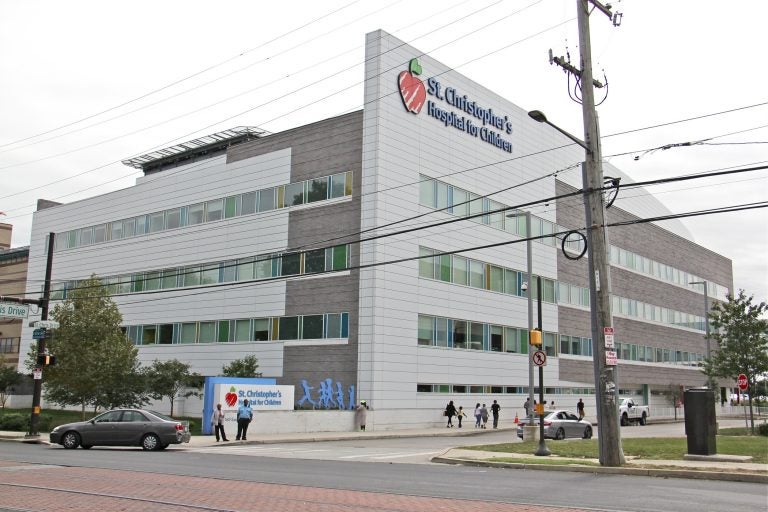
I can't speak to the specific financial pressures Volition faced post-acquisition, but I've seen firsthand how such pressures can impact studio culture and employee morale. Ruthless cost-cutting measures can stifle creativity and create a climate of fear, making it difficult for developers to take risks and push boundaries. When you're worried about your job, it's hard to focus on crafting compelling narratives.
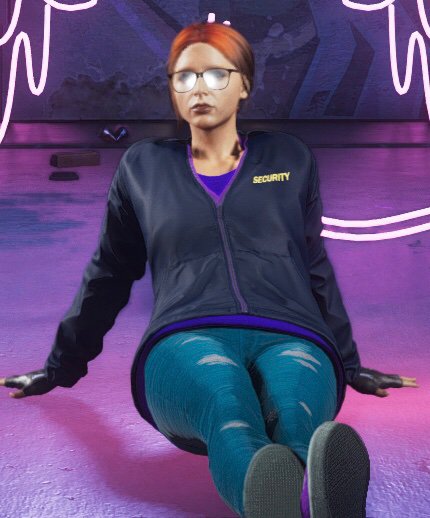
Responsibility and Ethics: Nurturing Creative Talent
Publishers like Embracer Group have a responsibility to nurture the creative talent within their studios. Acquiring a studio isn't just about acquiring intellectual property; it's about investing in the people who create that property. Studio closures have devastating consequences for the employees who lose their jobs, as well as for the wider games industry. It's a loss of experience, expertise, and passion.
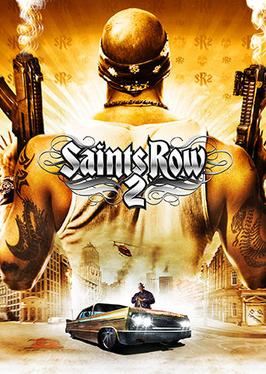
The ethical implications of studio closures are significant. Are publishers doing enough to support their studios? Are they prioritizing profits over people? These are questions that the industry needs to grapple with.
A Final Reflection
The closure of Volition is a tragedy. It's a loss for the games industry, and it's a personal loss for me and countless others who poured their hearts and souls into creating games that people loved. While the Saints Row reboot may have stumbled, it doesn't diminish the legacy of the studio or the talent of the people who worked there.
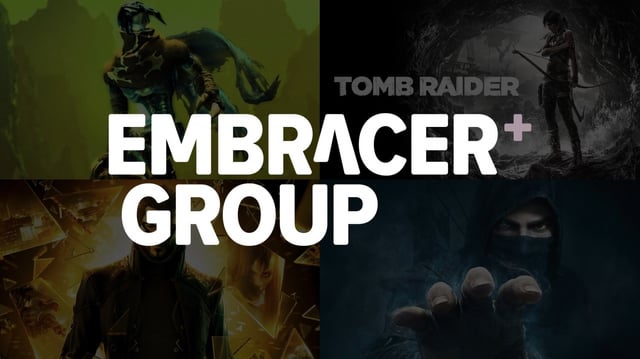
I hope that the lessons learned from Volition's downfall will help other studios avoid a similar fate. It's a reminder that creative vision, strong characters, and a commitment to quality are essential for success. And it's a call for publishers to prioritize the well-being of their studios and the people who make the games we love.

As for me, I'll continue to work as a freelance narrative consultant, helping other studios craft compelling stories and avoid the pitfalls that I witnessed firsthand at Volition. The spirit of the Saints may be gone, but the lessons they taught me will live on. Maybe someday, the franchise can be reborn, remembering what made it special in the first place.
